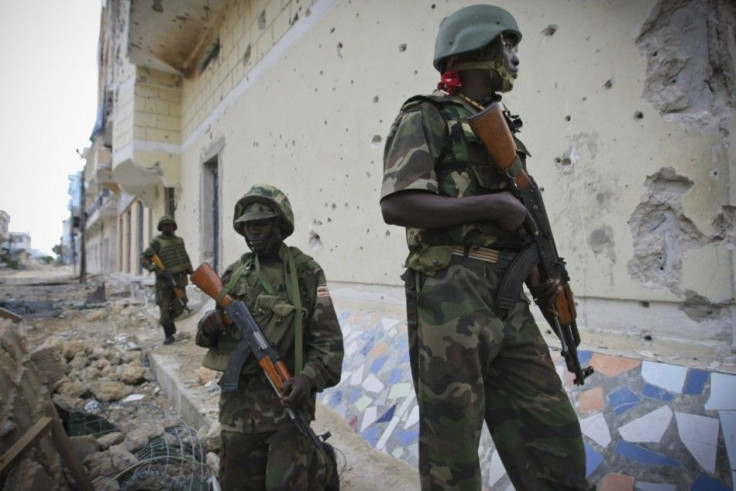Somalia Denies Reports of CIA Detention Center in Mogadishu

The Somalian government has denied allegations that the U.S. operates a detention center in the capital city of Mogadishu where agents of the Central Intelligence Agency (CIA) interrogate terror suspects.
Reprieve, a British-based human rights organization, claims it has evidence that such a prison is located beneath the compound of the Somali president and that some prisoners are as young as 14.
Among other cases, Reprieve indicates that one Kenyan inmate was detained at this facility for a year and a half without seeing a lawyer in the absence of daylight.
Claira Gutteridge, an investigator from Reprieve, told the BBC that she uncovered evidence of the prison from multiple, concurrent sources.
It's an underground prison in the compound of the presidential palace, she said. The guards are Somali but it appears American personnel have access to the prisoners whenever they like.
She added that it is not certain if Americans are abducting and transferring suspects, or if they are getting Somalis or Kenyans to do so.
However, Somalian Prime Minister Abdiweli Mohammed Ali told the BBC that such a facility does not exist.
I do not have that information and that information does not exist, he said.
Still, Ali noted that U.S. officials are helping his government to improve the security situation in the country.
Somalia is in a state of utter chaos – much of the southern part of the country is under the control of al-Shabaab, an Islamic militant group with links to al-Qaeda. The U.S.-backed transitional government only wields authority in the vicinity of Mogadishu.
Meanwhile, a massive drought has engulfed the nation, sending tens of thousands of desperate Somalis to the capital for food and work, or to neighboring Ethiopia and Kenya as refugees.
The United States has also been accused of operating similar detention centers (called ‘CIA black sites’) in Eastern Europe.
Thomas Hammarberg, the human rights commissioner for the Council of Europe, has declared that such centers exist (or have existed) in at least seven European countries, including Poland, Romania and Lithuania.
© Copyright IBTimes 2024. All rights reserved.





















